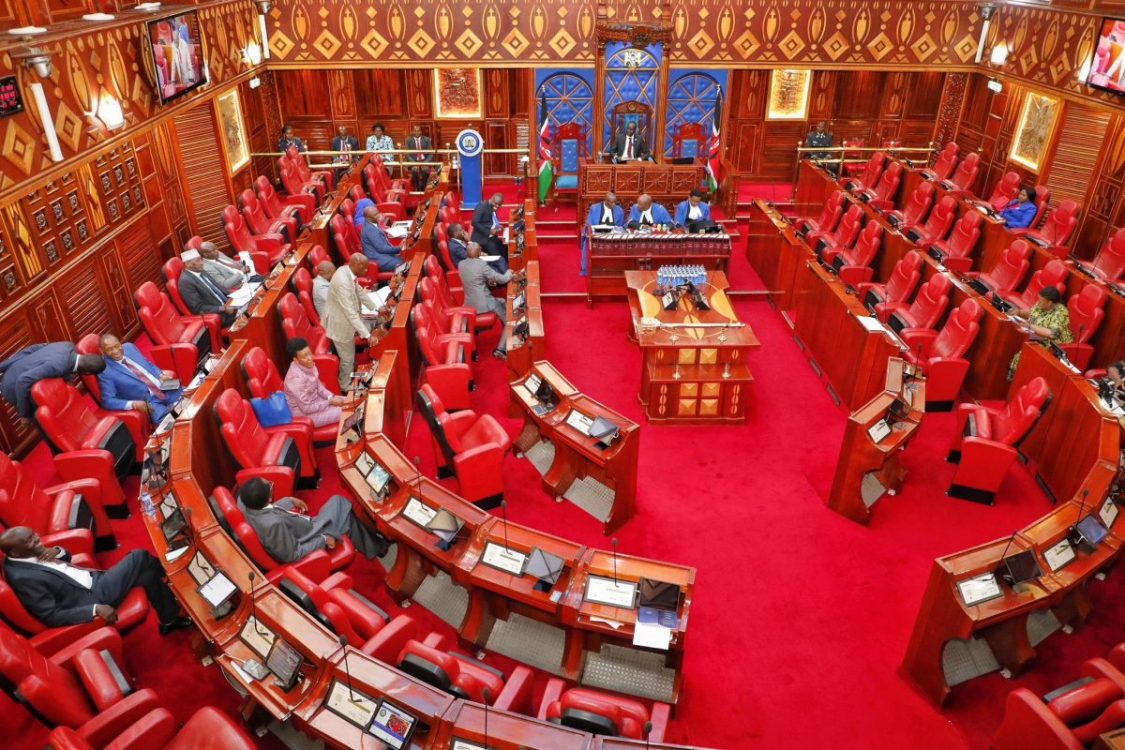Make the proposed health system work
By Editorial.Team, October 17, 2023Senators have set the tone for the proposed introduction of Universal Healthcare that the current and previous government pledged but which has taken a while to be delivered.
The current programme as proposed looks comprehensive and, in an ideal world, ought to work for the benefit of ordinary Kenyans, many of who spend a disproportionate fraction of their disposal income on health services.
The promises are easy to make, especially when politicians are looking for votes. The hard road is in implementing and that is what Kenyans will be expecting to see if the programme is launched on Mashujaa Day as envisaged.
But even as the government moves to implement it, systems ought to be put in place to ensure that citizens get quality services. Part of the reason why private medical care is sought after — and why its cost is dear — has to do with the less than satisfactory service in public health institutions.
Even faith-based hospitals have over the improved their services tremendously, including by leveraging technology to manage large number of patients. The results are there for all to see.
As such, managers and doctors in the public sector should feel challenged to raise their game too and offer their best as part of their contribution to improving the wellbeing of Kenyans and improvement of health outcomes as measured against global best practices.
A great deal of investment has been made when it comes to the purchase of medical equipment and supplies but the improvement in hardware has not gone hand-in-glove with a corresponding improvement in the software.
Every so often, health practitioners are always threatening to go on strike for one reason or the other and have to be shepherded to the negotiating table at the eleventh hour. Even as these issues get resolved — sometimes they are not — the constant threat of strikes sends a negative message to the public who believe that doctors are more interested in their own welfare above that of patients.
There needs to be a balance going forward if the proposed system is to work effectively. We also need a robust public education campaign on the need for primary health care. In the past, wananchi were taught how to prevent malaria from breeding. Back then, malaria was not as big a killer as it is now although there were more cases. Going back to such basics that can prevent diseases will go a long way in improving health outcomes and reducing disease burden for Kenyans.
More Articles

